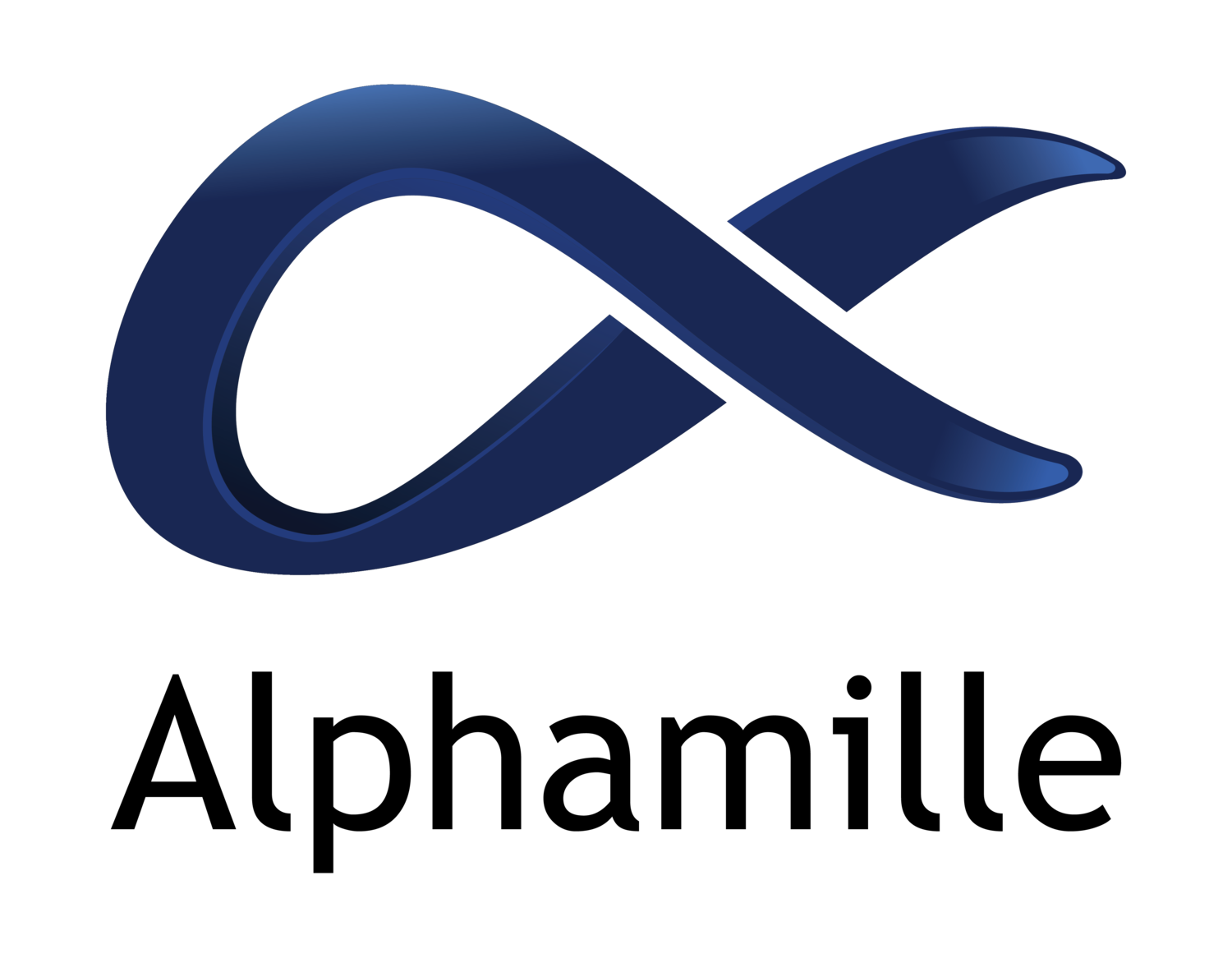Personality Assessments
Maintaining strategic momentum through quality communication correlates to a leader’s success. Fortunately, there are a myriad of assessments to assist leaders with better understanding communication styles of team members, which enables more efficient communication. Knowledge about how to best communicate with each other based on behavioral attributes translates to cost savings; time is money. If we have invaluable information about how to best communicate with each member of our team, then we will spend less time following-up and having to clarify information.
Design and application of behavioral and personality assessments began as early as 1917, which unleashed an ongoing pursuit within business to identify behavioral traits of potential employees. Initially, the motivation to incorporate assessments was to “root out “problem employees”. Subsequently, industry adopted the use of assessments to make predictions about hiring personnel.
Over time, behavioral assessments evolved, and today, many organizations use some variation of a screening tool to gage whether or not potential job candidates are a good fit for the position. For example, some of the common assessments in practice today are: strength finder, DISC, Myers-Briggs Type Indicator, Emotional Intelligence and 360. Nevertheless, The Dominance, Influence, Steadiness and Conscientiousness Profile (DISC) created by Marston in 1928 is one of the most common tools used to improve productivity and communication.
The DISC Assessment has been proven to be one of the most objective and reliable assessments available for leaders and managers. The DISC assessment is very versatile and can be applied at the onset during hiring, with an existing employee, or as a tool to gauge the optimum approach for working with an employee. Applying DISC is simple, and extremely cost effective.
Leaders particularly like the insight highlighted in the DISC results. Many find it helpful to have information about how to maintain employee motivation. In addition, the knowledge acquired about an individual’s ambitions and inclinations assists with understanding and diffusing difficult situations. DISC is extremely helpful when employees are faced with resolving conflict as well.
In terms of employee interactions, the DISC results can help managers gain knowledge about how employees will interact. Assessment results highlight positive facets of working relationships and can identify barriers that may impede work flow. Gaining insight about employee’s behavioral attributes assists managers in developing the most synergistic teams.
“Time is money; understanding the best way to communicate with people reduces a loss in organizational productivity”.
— AlphaMille
